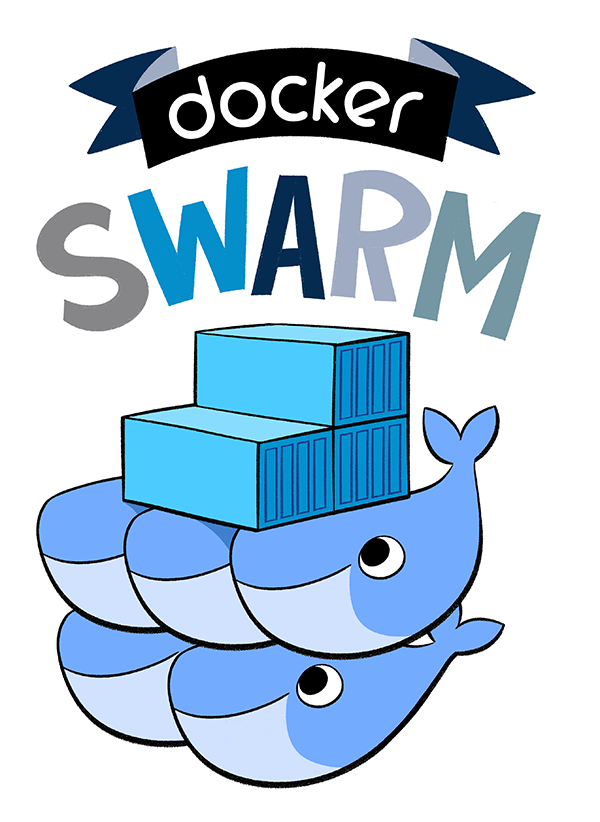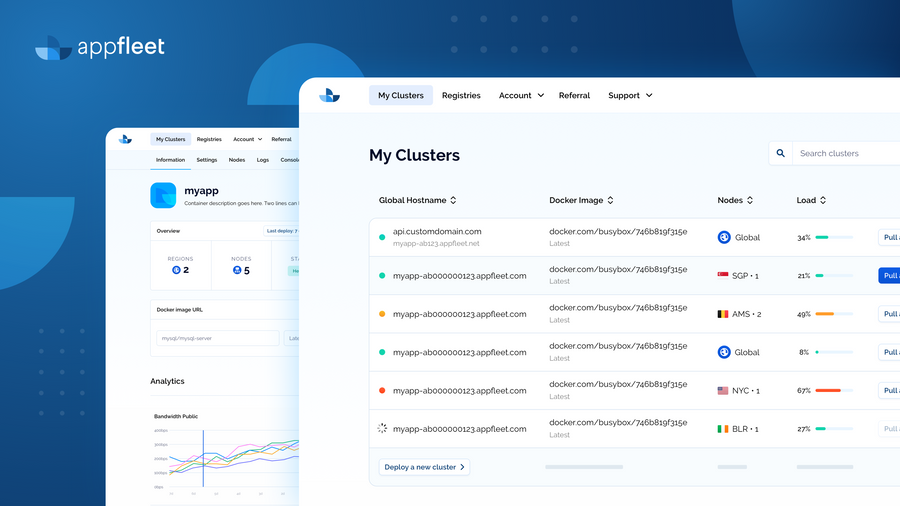Das ist alles, was vom Fest übrig geblieben ist. In meiner Familie und in vielen anderen. Eine Konstante im Ablauf des Jahreswechsels, wie das Neujahrsspringen schon. Es ist eine hypothetische Frage, aber die ist leicht zu stellen. Wäre es nicht sehr viel Nachhaltiger, auf den Baum zu verzichten oder etwas wiederverwendbares mit Kugeln zu schmücken? Eine Tradition ist einerseits “Peer Pressure from Dead People”, man hat das schon immer so gemacht. Andererseits ist Konstanz im Leben von Menschen etwas unglaublich wichtiges. Noch vor wenigen Jahren hätte ich das selbst nicht geglaubt, mit dem Alter kommen da auch andere Ansichten zum tragen. Aber das Ritual gibt mittlerweile Halt und das Leben sollte viel mehr davon haben. Allen Forderungen nach Agilität zum Trotz. Auch das wird vielen Menschen so gehen, den meisten wahrscheinlich unterbewusst. Und deshalb wird sich am Baum zu Heiligabend und an dem Container zu Heilig Drei König so schnell nichts ändern. Das war schließlich schon immer so. Und trotzdem ist die Frage berechtigt.
Tag: container
-
appfleet joins Cloudflare
appfleet is a Poland based company that develops and offers edge hosting of containerised apps. Edge computing is a trend that emerged a few years back and allows to bring applications closer to the end user, therefore reducing latency and improving user experience. Cloudflare, a player strong in this space, now acquired appfleet, augmenting it’s portfolio of workers with container capabilities. No details of the deal have been made public, however, we will see more of these type of acquisitions with the market starting to consolidate.
Summary: Due to a great synergy between our products, I am happy to announce that Cloudflare and appfleet are joining forces! The appfleet platform is shutting down, with all clusters going offline on October 31st 2021. Long story: When we started working on appfleet our goal was to build an
from the articleSource: appfleet joins Cloudflare
-
Kubernetes 1.17 released today – Open Source

Kubernetes Logo Today Kubernetes released it’s version 1.17. The software is one of the most popular open source projects ever. It allows managing containerised applications and micro-services. The release arrives at the end of a regular development cycle.
After the project was announced in 2014 by two Google employees, it hit a first 1.0 milestone on July 2015. The project gained massive popularity in the cloud world because it enables scalable infrastructures and service. With the Kubernetes 1.0 release, Google partnered with the Linux Foundation to form the Cloud Native Computing Foundation (CNCF) as a new home for the technology.
Since Kubernetes became publicly available, it gained popularity quickly and today is commonly used as the main way to host microservice-based implementations, mostly because Kubernetes and its associated ecosystem provide a rich choice of tools with all the capabilities that are needed to address key concerns of any modern software architectures.
With Kubernetes 1.17 released today, the package comes with more details on the release in the Release Schedule or in particular on the Changelog.
-
Docker 1.10
 Docker announced version 1.10 past week. The new release contains more than 100 improvements over the previous version. New features include better resource management, a more flexible docker-compose file format and improvements to security. These are in particular through user namespace isolation, implementation of seccomp for syscall filtering and an authorization plugin to restrict access to Docker engine features.
Docker announced version 1.10 past week. The new release contains more than 100 improvements over the previous version. New features include better resource management, a more flexible docker-compose file format and improvements to security. These are in particular through user namespace isolation, implementation of seccomp for syscall filtering and an authorization plugin to restrict access to Docker engine features.We’re pleased to announce Docker 1.10, jam-packed with stuff you’ve been asking for. It’s now much easier to define and run complex distributed apps with Docker Compose. The power that Compose brou…
via: Docker Blog
Release notes. -
Docker: Swarm 1.0 released
 Today is a big milestone for Swarm: we’re taking it out of beta and releasing version 1.0, ready for running your apps in production. Swarm is the easiest way to run Docker applications at scale on…
Today is a big milestone for Swarm: we’re taking it out of beta and releasing version 1.0, ready for running your apps in production. Swarm is the easiest way to run Docker applications at scale on…Quelle: Announcing Swarm 1.0: Production-ready clustering at any scale | Docker Blog



